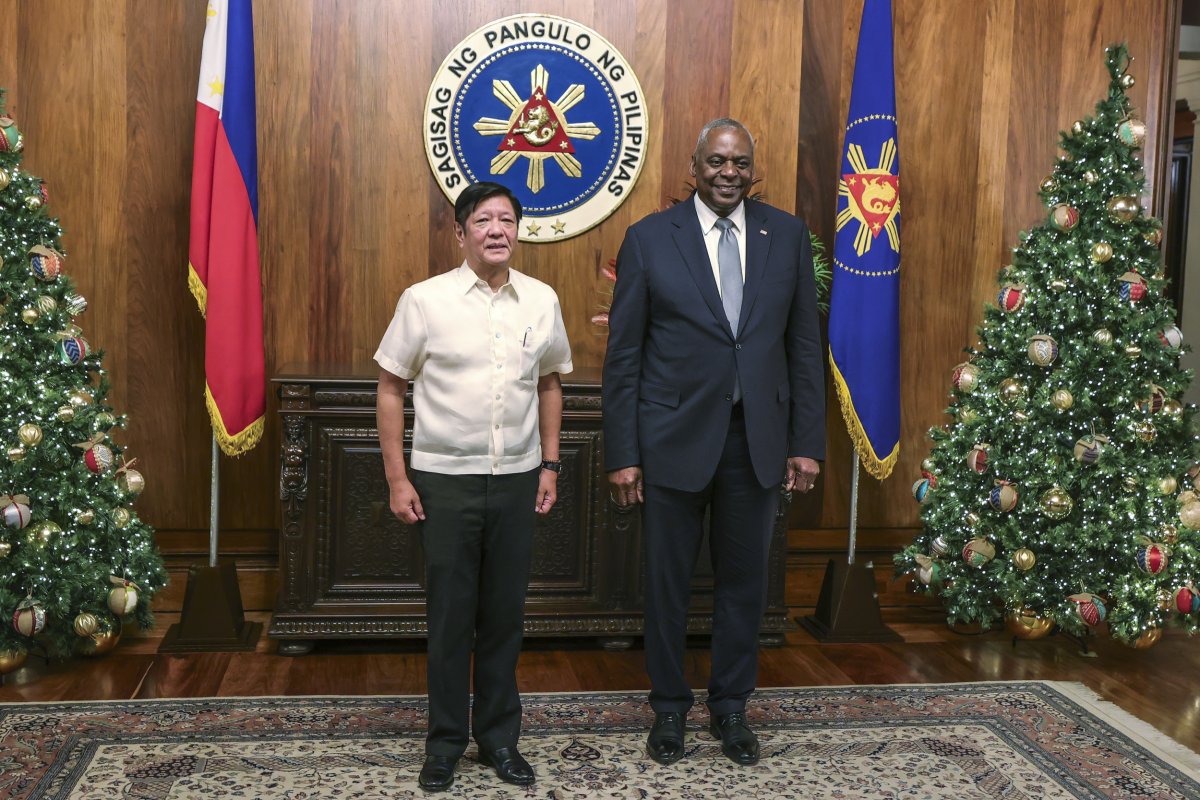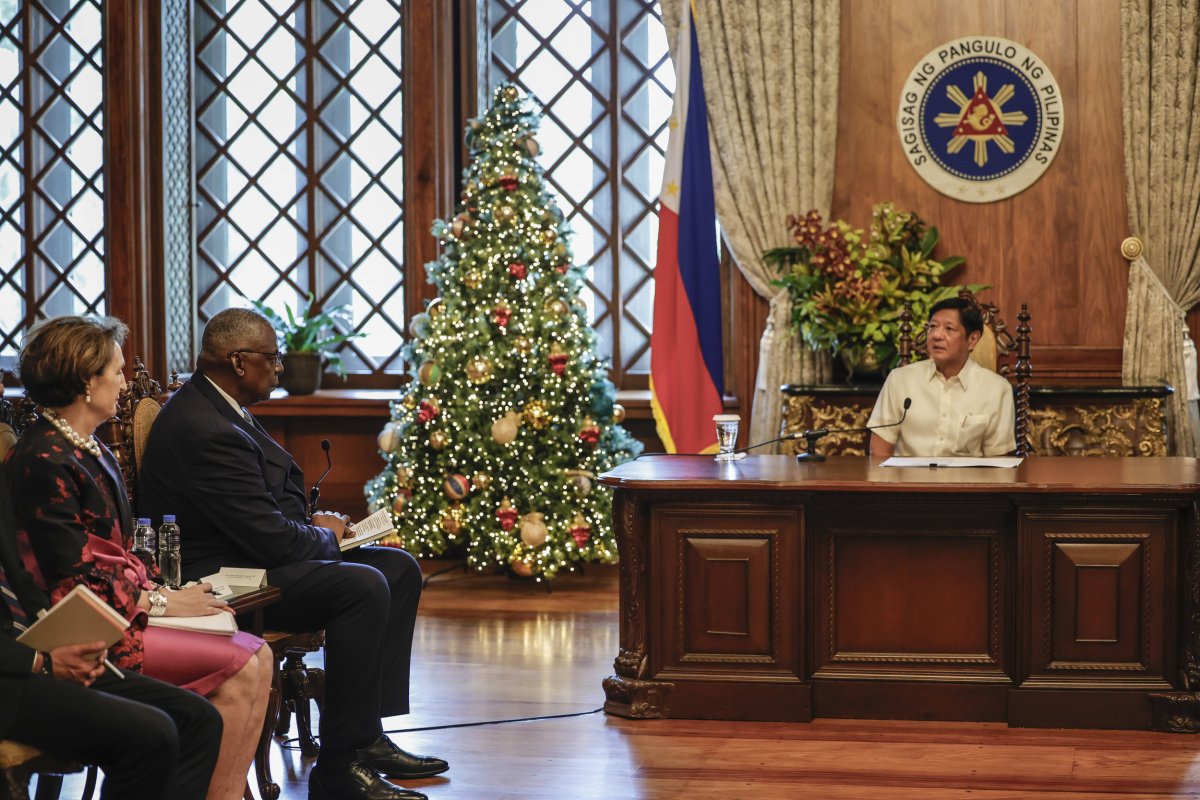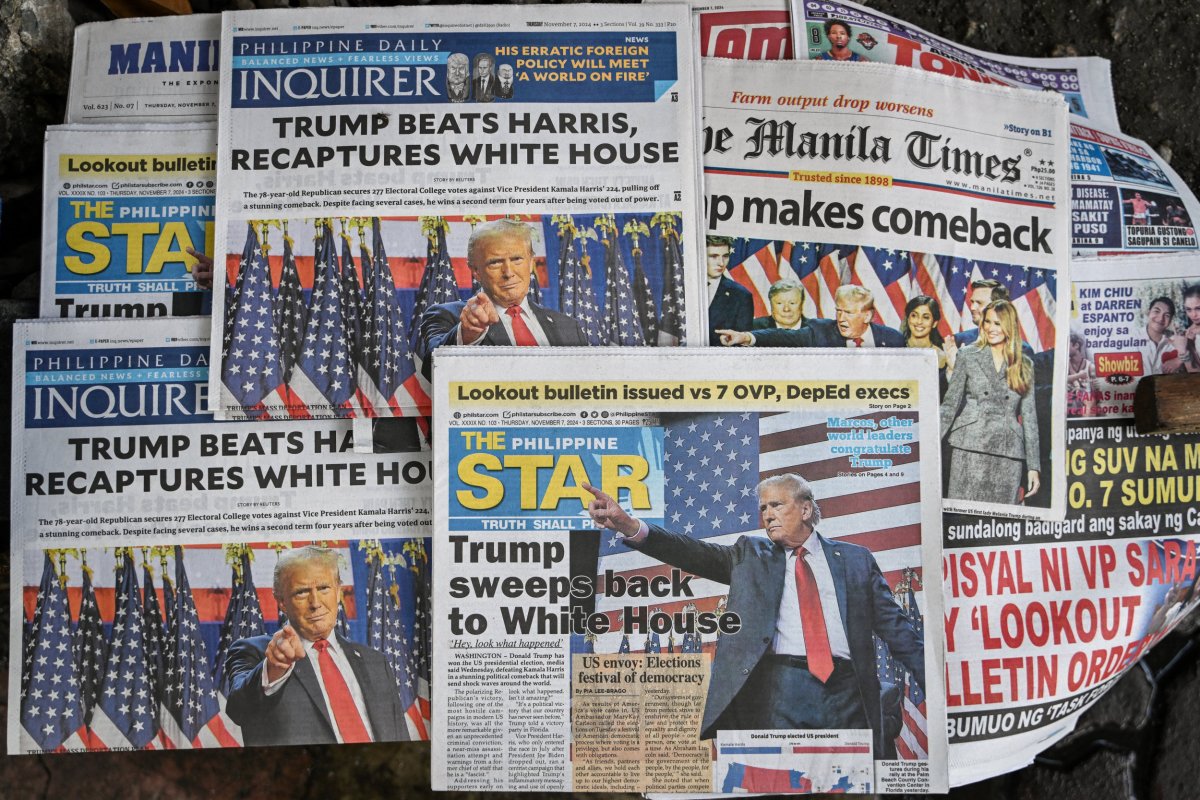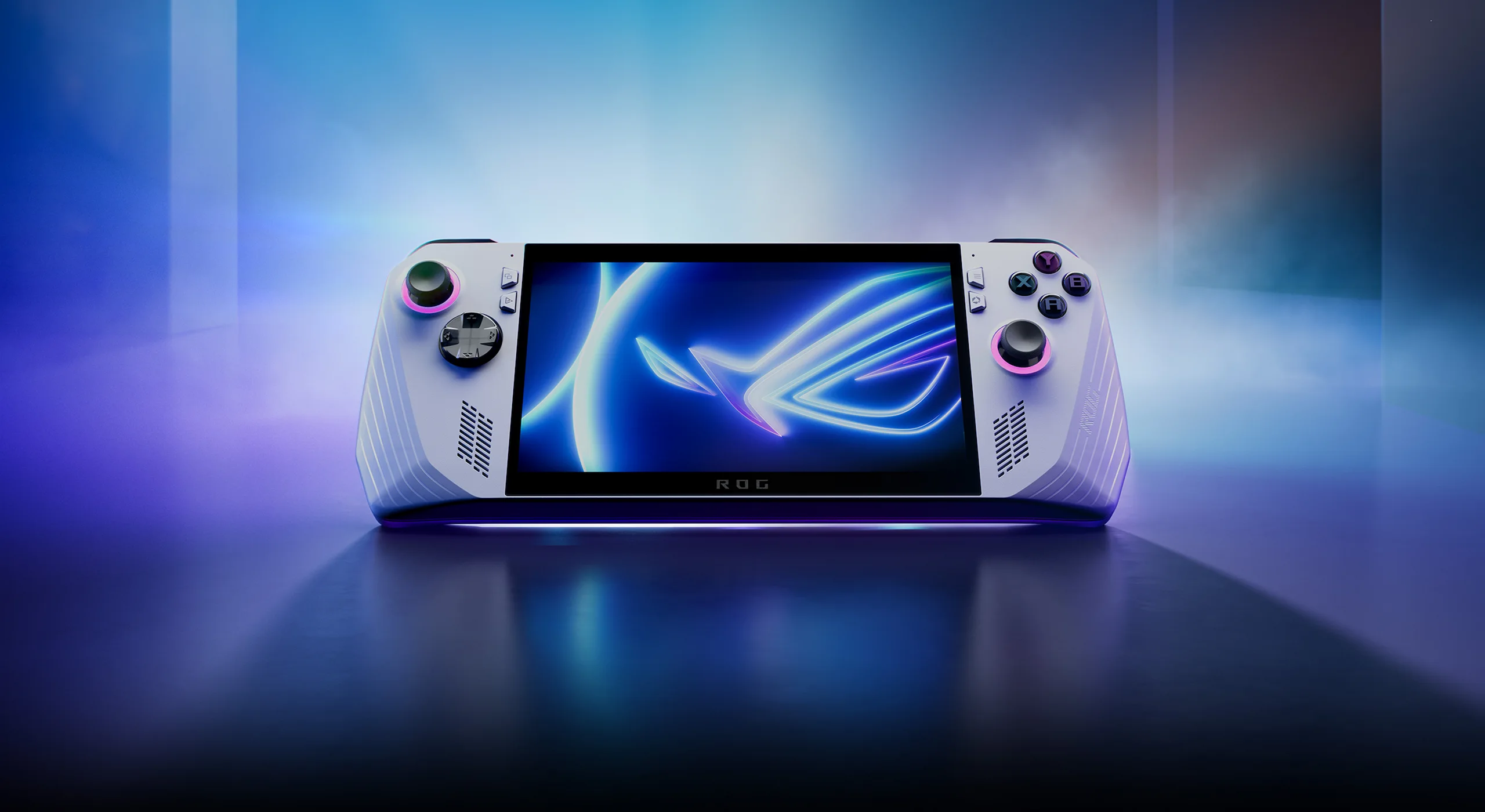The United States and the Philippines have signed an agreement to enhance military intelligence sharing and enable Manila to acquire advanced U.S. weapons in a pact that represents a significant step in strengthening the two nations' alliance.
Defense Secretary Lloyd Austin and Philippine Defense Secretary Gilberto Teodoro finalized the General Security of Military Information Agreement (GSOMIA) in Manila on Monday, marking a significant development in the two countries long-standing alliance.
The agreement aims to facilitate the exchange of classified intelligence, providing the Philippines access to satellite and drone surveillance systems and advanced weaponry, including missile systems.
"This agreement allows us to cooperate more closely and equips both our nations to confront regional challenges," Austin said during the signing.

'More Than Allies', Says Austin
The deal is part of the Biden administration's larger Indo-Pacific strategy to counter China's growing influence through various alliances.
Beijing has continued to assert sweeping territorial claims over the South China Sea, a key waterway for global trade, creating frequent confrontations with other nations, including the Philippines.
Philippine President Ferdinand Marcos Jr. has been vocal about the need for enhanced defenses against China's maritime actions. Full details of the agreement remain undisclosed.
Austin stressed that the partnership between the United States and the Philippines is rooted in more than strategic necessity, adding, "We are more than allies. We are family."

Manila Coordination Center Created For Information-Sharing
In addition to intelligence-sharing, the agreement also establishes a coordination center in Manila where U.S. and Philippine military personnel can plan joint operations and exchange real-time information.
The coordinating center, Teodoro said, would provide "a unified picture of the shared areas of responsibility and common approaches to threats against both our securities."
Philippine officials confirmed the nation's aim to ensure the secure handling of sensitive information to prevent leaks, with modernization of its current capabilities being central to this agenda. The Department of National Defense said that the pact allows for access to "higher capabilities and big-ticket items" from the U.S., boosting Manila's defensive and surveillance systems.

Can The Next Trump-Era Bring Lasting Peace?
This month, Teodoro revealed his country is considering purchasing midrange Typhon missile launchers from the U.S., while President Joe Biden's administration is finalizing its decision-making ahead of transferring power to Donald Trump in January next year.
Trump first visited the Philippines in 2017 when Rodrigo Duterte was still the Philippine president.
The absence of an advanced intelligence framework between the two countries was keenly felt during the 2017 Marawi siege. The assault saw Philippine forces with limited access to high-level intelligence fighting against Islamic State-aligned militants. The militants seized control of parts of Marawi City, taking hostages, burning buildings, and displacing over 350,000 residents.
Philippine forces, backed by U.S. and Australian spy planes, eventually suppressed the uprising after five months.
"I'm sure it will benefit future generations of both our peoples to come because although we may change people, the values don't change," Teodoro said.
This article includes reporting from The Associated Press




















 English (US) ·
English (US) ·